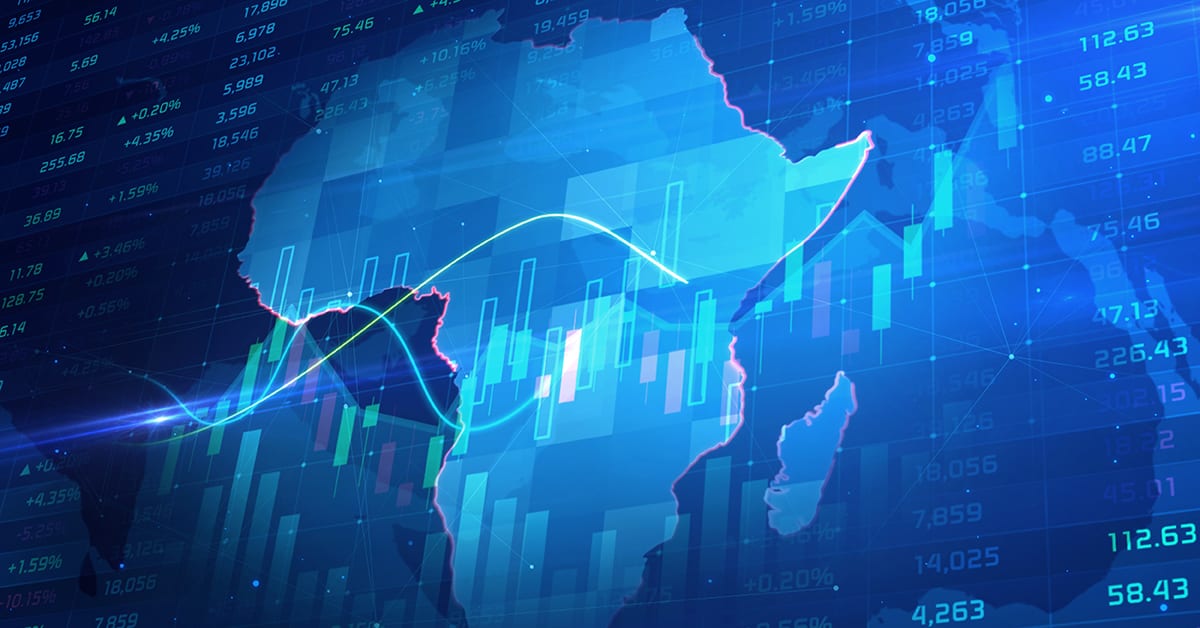India and the UAE combine forces to invest in Africa.

For decades, India has been an active investor in Africa. Its $74 billion of stock accumulated between 1996 and 2021 make it one of Afria’s leading inbound investors, and that engagement is growing as China pulls back. India’s bilateral trade with Africa grew from $56 billion in 2021 to $89.5 billion in 2022, according to government statistics, compared with $56 billion the previous year.
The United Arab Emirates (UAE) is, by comparison, a latecomer; yet it enjoys considerable financial muscle. Its initial investments in Africa focused on agriculture and were driven by food security concerns. Now it is looking to expand the scope of its engagement, and is doing so in partnership with India.
This makes perfect sense. Indian multinationals investing in Africa have focused on areas like agribusiness, pharma, information and communications technology, and energy. India has the trained workforce to engage and has a record of comparative transparency in its dealing with Africa. For its part, the UAE is a regional financial hub and has expertise in energy, transport and logistics.
The two countries’ skills are complementary. Their relationship has strengthened recently with the Comprehensive Economic Partnership Agreement between India and the UAE, which entered into force last May. India is currently the UAE’s second-largest trading partner, while the UAE is India’s third-largest trading partner.
A notable example of close cooperation is last August’s joint India-UAE health care delegation visit to Tanzania. The government-led task force focused on health care, particularly the establishment of new diagnostic centers, and explored the potential for joint initiatives with Tanzanian government officials and local health care providers.
The mission was accompanied by a phalanx of private sector companies seeking to explore investment opportunities in Africa. These included Apollo Hospitals, Fortis Healthcare, Medanta and NephroPlus from India; while among the UAE-based companies were G42 Healthcare and Tamouh Healthcare.
In the aftermath of the Covid-19 pandemic, there is also growing international pressure to relocate some vaccine production to Africa. Stephen Karingi, director of the UN Economic Commission for Africa’s Regional Integration and Trade division, notes that India and South Africa are leading moves to waive certain intellectual property rights so as to allow increased production of vaccines in Africa.
For this to go ahead, he says, India’s know-how in generics manufacturing is “crucial,” adding that “India signaled health care delivery will be key in its inclusive and transparent development model with Africa.”
Another example of closer cooperation between India and the UAE in investment in Africa is a multibillion-dollar plan to transform Tanzania’s capital, Dar es Salaam, into a leading transportation and logistics hub. The key players are the Abu Dhabi–based logistics, industry and trade facilitator AD Ports Group; and India’s largest integrated transport utility, Adani Ports and Special Economic Zone, the two of which signed a memorandum of understanding (MoU) in August to explore joint investment opportunities in Africa.
Mohamed Juma Al Shamisi, group CEO of AD Ports, says in a statement that “this MoU is significant in its impact on Tanzania’s ability to transform itself into an African trading hub, as well as our ability to further develop our global capabilities and connections that will bring goods to markets faster and more efficiently.”
However, this joint investment in Tanzania’s ports almost came apart at the end of January, when a report from US short-seller Hindenburg Research triggered a huge sell-off in Adani companies’ shares just before the Indian billionaire Gautam Adani’s flagship group was due to close a $2.4 billion public fundraising.
Abu Dhabi’s International Holding Company (IHC) responded by pledging to invest $400 million for 16% of the shares being offered by Adani Enterprises. This comes on top of an earlier investment of 7.3 billion Emirati dirhams (about $2 billion) that IHC had made in Adani last April.
But last-ditch efforts by IHC, alongside several Indian billionaires, to rescue the deal did not sway either international or domestic retail investors; and at the eleventh hour, Adani pulled the public fundraising to protect its investors.
Although the group’s listed companies (including Adani Ports) had by then lost over $100 billion in market value, the billionaire insisted this would “not have any impact on existing operations and future plans.”
Dar es Salaam’s prospects of becoming an African trading hub now depend largely on Adani’s damage-limitation skills and his ability to fulfill that pledge.



